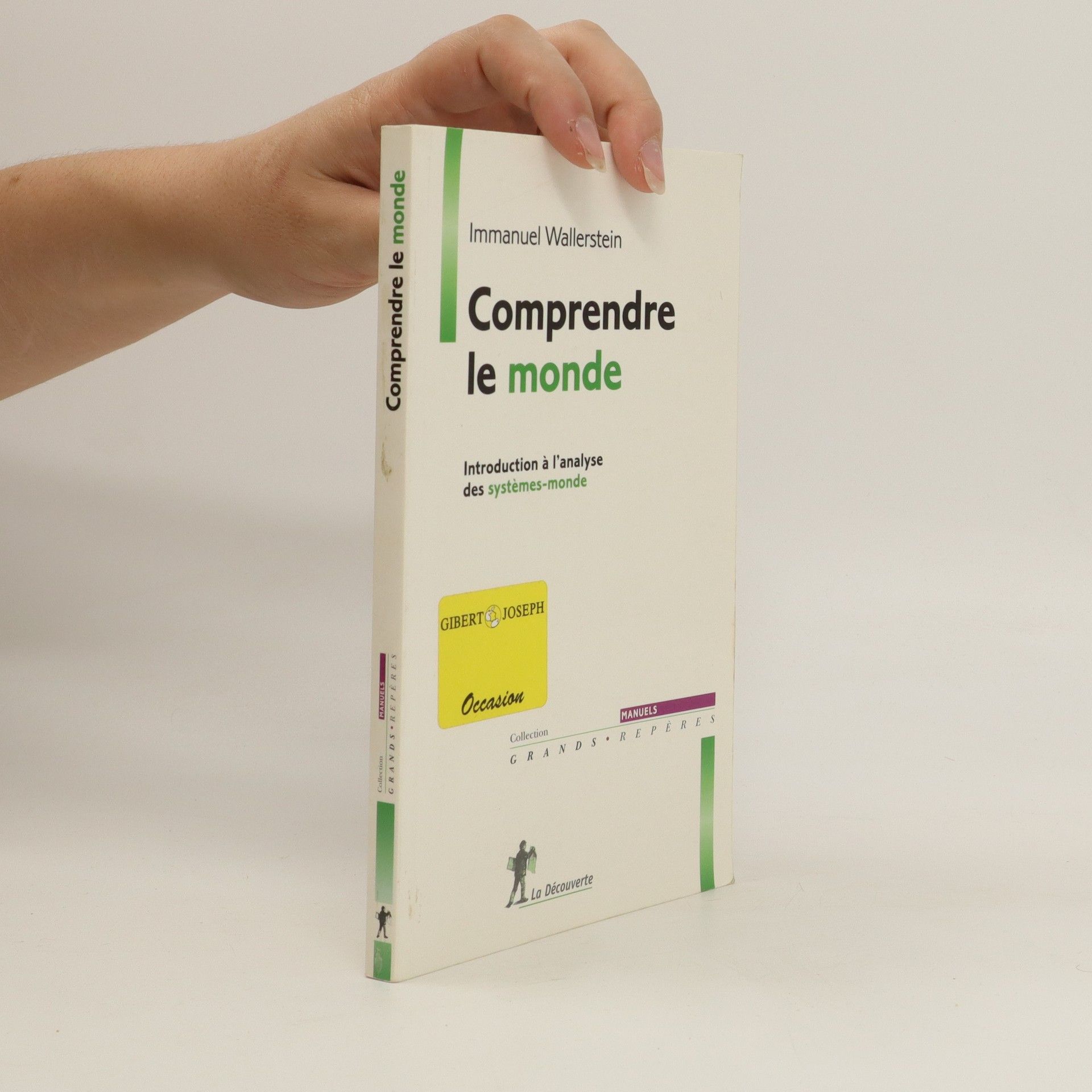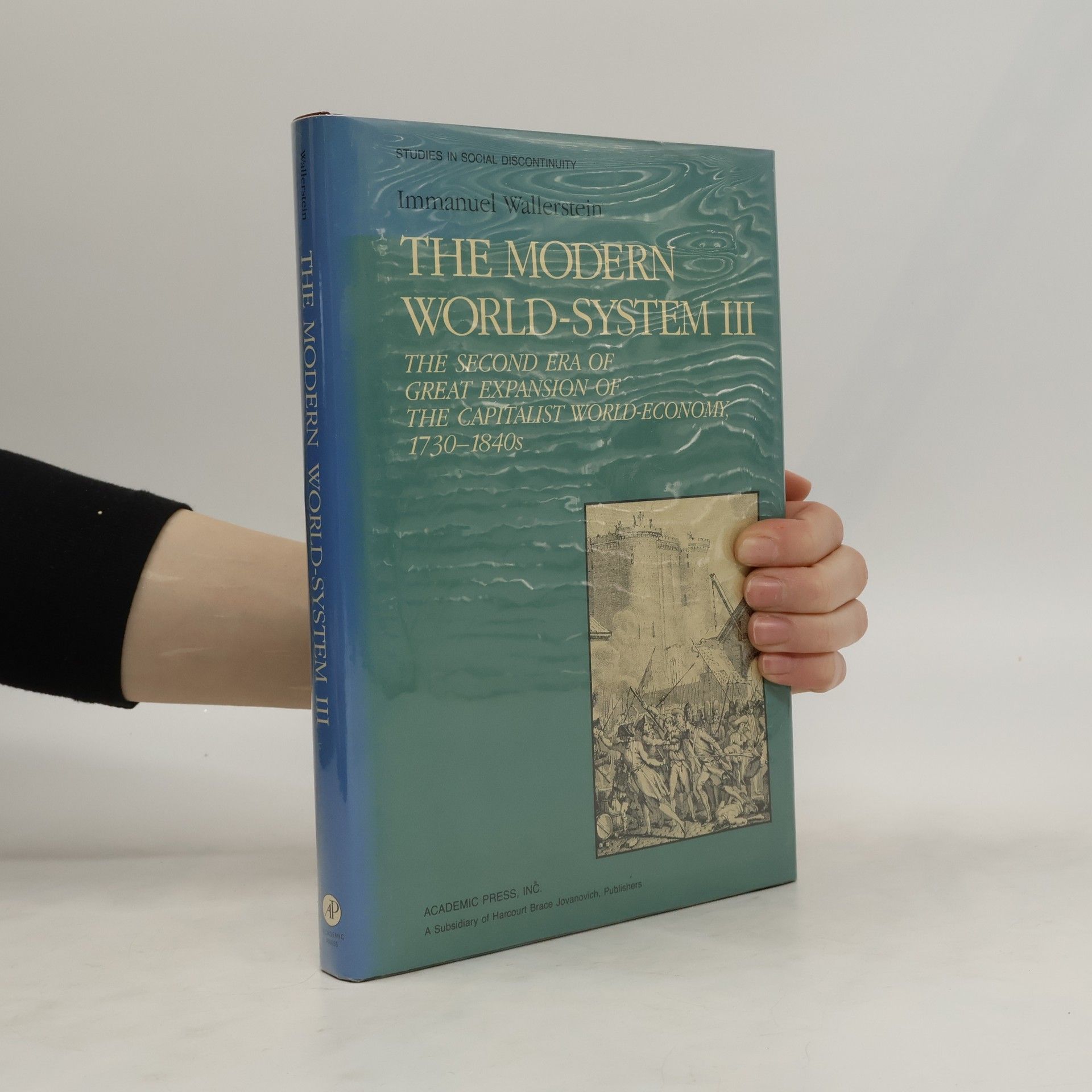Multi-disciplines (histoire, sciences politiques, économie, sociologie, anthropologie), cette approche globale sur longue période, héritée de Braudel, est désormais incontournable pour penser la mondialisation. Pour la majorité des médias et des experts, la mondialisation et le terrorisme sont les traits majeurs, largement inédits, du monde actuel. En fait, seule la mise en perspective historique sur la longue période permet de comprendre les origines de ces deux phénomènes. C'est ce que montre l'analyse en termes de " systèmes-monde " qu'Immanuel Wallerstein développe depuis plus de trente ans et qui, bien plus que celui d'État-nation, permet de saisir les lignes de force qui façonnent l'évolution des sociétés. Brossant les étapes de construction du système-monde depuis le XVIe siècle, l'auteur explique comment celui-ci est d'abord une construction sociale, mobilisant des acteurs agissant à différents niveaux : nations, entreprises, familles, classes, groupes identitaires... Une introduction lumineuse pour discuter des outils de compréhension du monde contemporain et sortir de la vulgate médiatico-libérale dominante.
Immanuel Maurice Wallerstein Livres
N/A






Overcoming Global Inequalities
- 238pages
- 9 heures de lecture
Focusing on the dynamics of global inequalities, this book features contributions from historical sociologists and geographers who analyze contemporary disparities in power, wealth, and income through a historical lens. The geographers explore the impact of geopolitics and warfare on the modern world-system, while sociologists address efforts to uplift impoverished communities and tackle sustainability challenges. This research aims to provide insights and strategies for addressing global inequality in the 21st century.
The Modern World-System I
- 440pages
- 16 heures de lecture
A panoramic reinterpretation of global history, this title traces the emergence and development of the modern world from the sixteenth to the twentieth century.
Traces the emergence and development of the modern world from the sixteenth to the twentieth century. This title encompasses the nineteenth century from the revolutionary era of 1789 to the First World War.
The World-System and Africa
- 230pages
- 9 heures de lecture
Exploring the interconnectedness of Africa and the capitalist world-system over the past 500 years, the book delves into the structural crisis affecting both. Wallerstein examines the implications of identity politics, which has gained prominence globally, and its relevance to African political struggles. Additionally, he highlights the insights of African thinkers regarding contemporary issues within this context. Emphasizing the need for informed debate, Wallerstein advocates for Africa's significant role in addressing the modern world-system's challenges.
A panoramic reinterpretation of global history, this title traces the emergence and development of the modern world from the sixteenth to the twentieth century.
The modern world-system 3
The second era of great expansion of the capitalist world-economy, 1730-1840s
Immanuel Wallerstein's highly influential, multi-volume opus, The Modern World-System, is one of this century's greatest works of social science. An innovative, panoramic reinterpretation of global history, it traces the emergence and development of the modern world from the sixteenth to the twentieth century.
Drawing on extensive historical research, the author examines the implications of recent shifts in US foreign and economic policies. By analyzing long-term changes, he provides insights into how these developments may influence both national and global dynamics, offering a thought-provoking perspective on the current state of affairs.
End of the World as We Know It
- 277pages
- 10 heures de lecture
This book is nothing short of a state-of-the-world address, delivered by a scholar uniquely suited to the task. Immanuel Wallerstein, one of the most prominent social scientists of our time, documents the profound transformations our world is undergoing. With these transformations, he argues, come equally profound changes in how we understand the world. Wallerstein begins his work with an appraisal of significant recent events -- the collapse of the Leninist states, the exhaustion of national liberation movements, the rise of East Asia, challenges to national sovereignty, dangers to the environment, debates about national identity, and the marginalization of migrant populations. Wallerstein places these events and trends in the context of the changing modern world-system as a whole and identifies the historic choices they put before us. The End of the World As We Know It concludes with a crucial analysis of the momentous intellectual challenges to social science as we know it today and suggests possible responses to them.
Craig Calhoun, Dilip Gaonkar, and Charles Taylor argue that democracies have embraced individual freedom at the expense of equality and solidarity, economic growth at the expense of democracy. Rebuilding local communities and large-scale institutions is now crucial, with attention to the public good beyond private advantage or ingroup loyalty.

